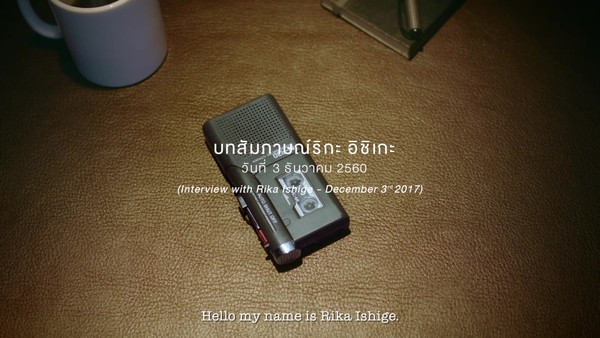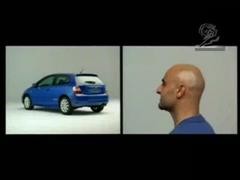Health and Wellness > Health Awareness & Advocacy
IMAGINARY FRIEND SOCIETY CAMPAIGN
RPA, Santa Monica / PEDIATRIC BRAIN TUMOR FOUNDATION / 2018
Awards:
Overview
Credits
Overview
Audience
Kids facing cancer need all the help they can get. But, instead of creating another awareness campaign targeting adults, we decided to create content specifically for the kids themselves. A series of animated films, posters and an augmented-reality app helped turn education into entertainment for sick kids confined to hospitals.
BriefExplanation
BriefWithProjectedOutcomes
n/a
CampaignDescription
Our creative solution was to make cancer information and support more accessible for kids. To develop a resource and system that would both educate and entertain. So, we created a group of fun, fictional characters called The Imaginary Friend Society. Their job? To help deliver cancer-care information in a way kids can relate to. The idea itself was born from real cancer survivors who told us they had imaginary friends who helped them cope with long hospital stays. The AR app allowed kids to bring the characters into any environment where they would offer words of encouragement anytime a kid needed a boost.
Execution
Through a series of 22 animated short films, The Imaginary Friend Society characters explain every facet of cancer these kids face. Covering everything from "What is an MRI?" to "Returning to School" to more emotionally complicated topics like "Feeling Sad." Ultimately providing kids with a knowledge base to help them find a little bit of control and understanding in their fight against cancer. To provide emotional support, an AR app allowed kids to bring Imaginary Friend characters to life inside the hospital. The characters would offer words of encouragement when kids need them most, like before an MRI scan or radiation treatment.
Outcome
Once launched, a survey was conducted to quantifiably confirm that the films had the desired impact for those directly affected by pediatric cancers.
Upon seeing the videos, 96% felt that the videos help parents and caregivers talk with kids about difficult issues. 85% agreed that the videos helped kids feel less anxious and scared. 80% said the videos meet a real need and are something they would recommend to others.
Without a single media dollar spent, the campaign spread and received significant pro-bono media support: English TV message covered 83% of the U.S. National TV began March 2018 on Hulu.
Most importantly, leading hospitals around the county, like Children's Hospital Los Angeles and the Dana Farber Cancer Institute, have permanently adopted the Imaginary Friend Society film series into their in-patient entertainment network. The films have been translated into over 20 different languages and are being distributed across 4 continents.
Relevancy
Kids facing cancer need all the help they can get. But, instead of creating another awareness campaign targeting adults, we created content specifically for the kids themselves. A series of animated films helped turn education into entertainment for kids in hospitals. All 22 films are now accessible on the in-patient networks at hospitals around the country, and have been translated into over 20 languages and distributed across 4 continents.
As an important part of the broader "Imaginary Friend Society" campaign, we also created an AR app and a donation platform where people could donate their imaginary friends through social media.
Strategy
Already leading the way in finding a cure for childhood brain tumors, The Pediatric Brain Tumor Foundation needed to build on the "Care" aspect of their "Care. Cure. Thrive." mission. Our objective was to create resources that would help the kids, their parents and caregivers, by arming them with easy-to-understand information so they could better navigate the overwhelming experience of fighting cancer.
Synopsis
A cancer diagnosis is scary for anyone, but for a child it's even scarier. They're bombarded with complex terminology and procedures that are intimidating, unfamiliar and often downright terrifying. Medical research has shown that when pediatric-cancer patients understand what's happening to them and what to expect, they feel less scared, experience less anxiety, and do much better overall. Unfortunately, there are no resources that explain cancer care in a way kids can understand.
More Entries from Non-profit / Foundation-led Education & Awareness in Health and Wellness
24 items
More Entries from RPA
24 items









